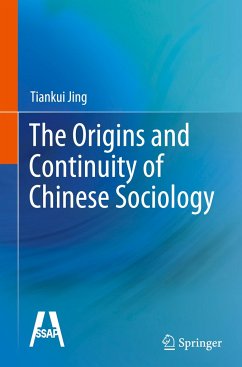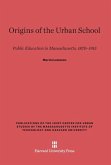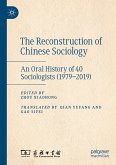This book examines the origins and basic concepts of sociology in China and traces the discipline's evolutionary trajectory. Building on the premise that qunxue, which goes back to Xunzi, is essentially the Chinese antecedent of modern/Western sociology, contributors try to show the distinctive ways qunxue addresses a wide range of both foundational and practical issues related to society using its own set of conceptual, analytical and methodological apparatus. The book argues that the rise of Chinese sociology will depend crucially on whether the rich heritage of traditional Chinese sociology can be fully appreciated and integrated with the Western tradition of learning. Following two preliminary chapters laying out qunxue's basic paramters, the four remaining chapters focus on its four primary concerns: cultivation of the self (xiushen), regulation of the family (qijia), governance of the state (zhiguo), and realization of universal peace (pingtianxia).
Bitte wählen Sie Ihr Anliegen aus.
Rechnungen
Retourenschein anfordern
Bestellstatus
Storno








